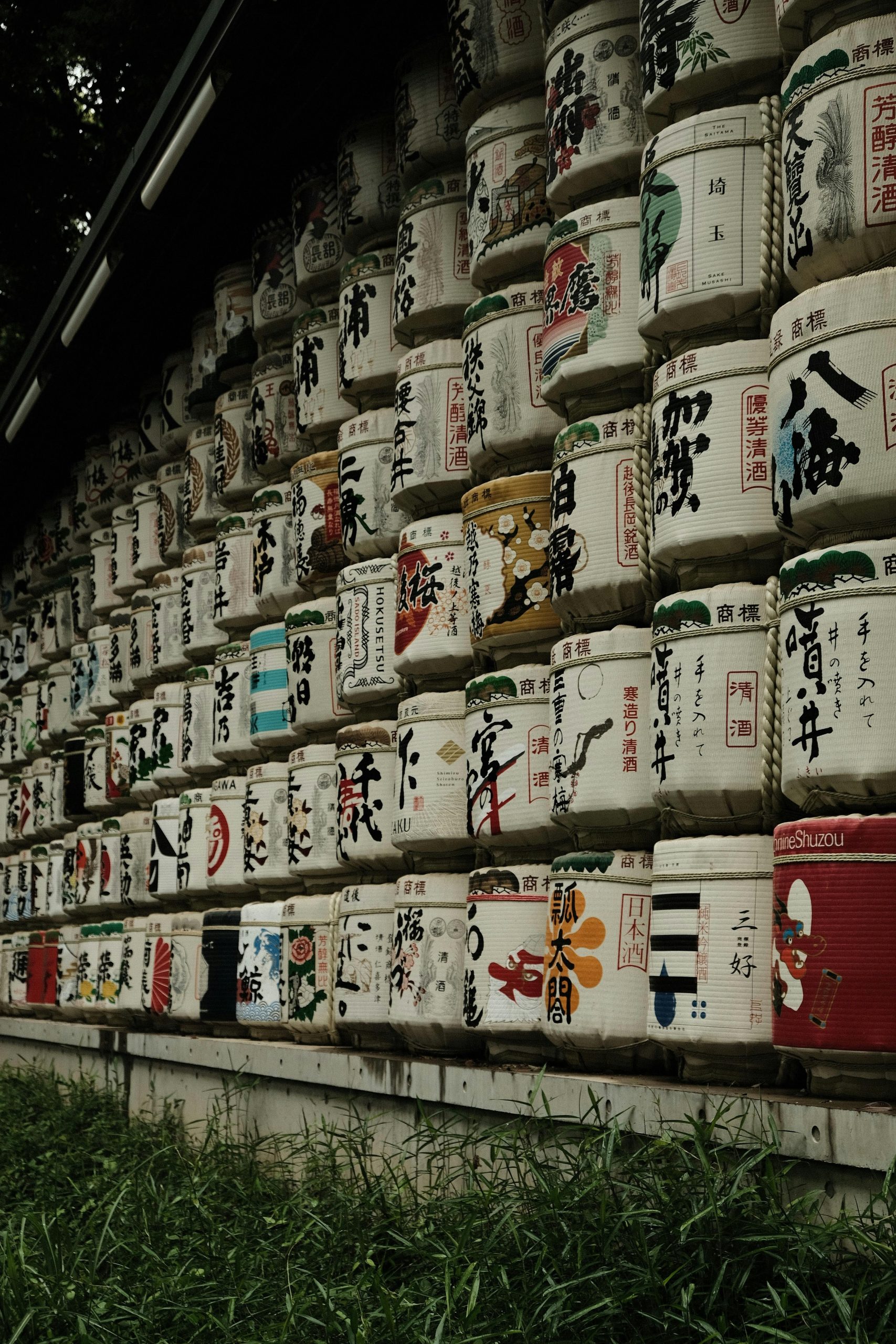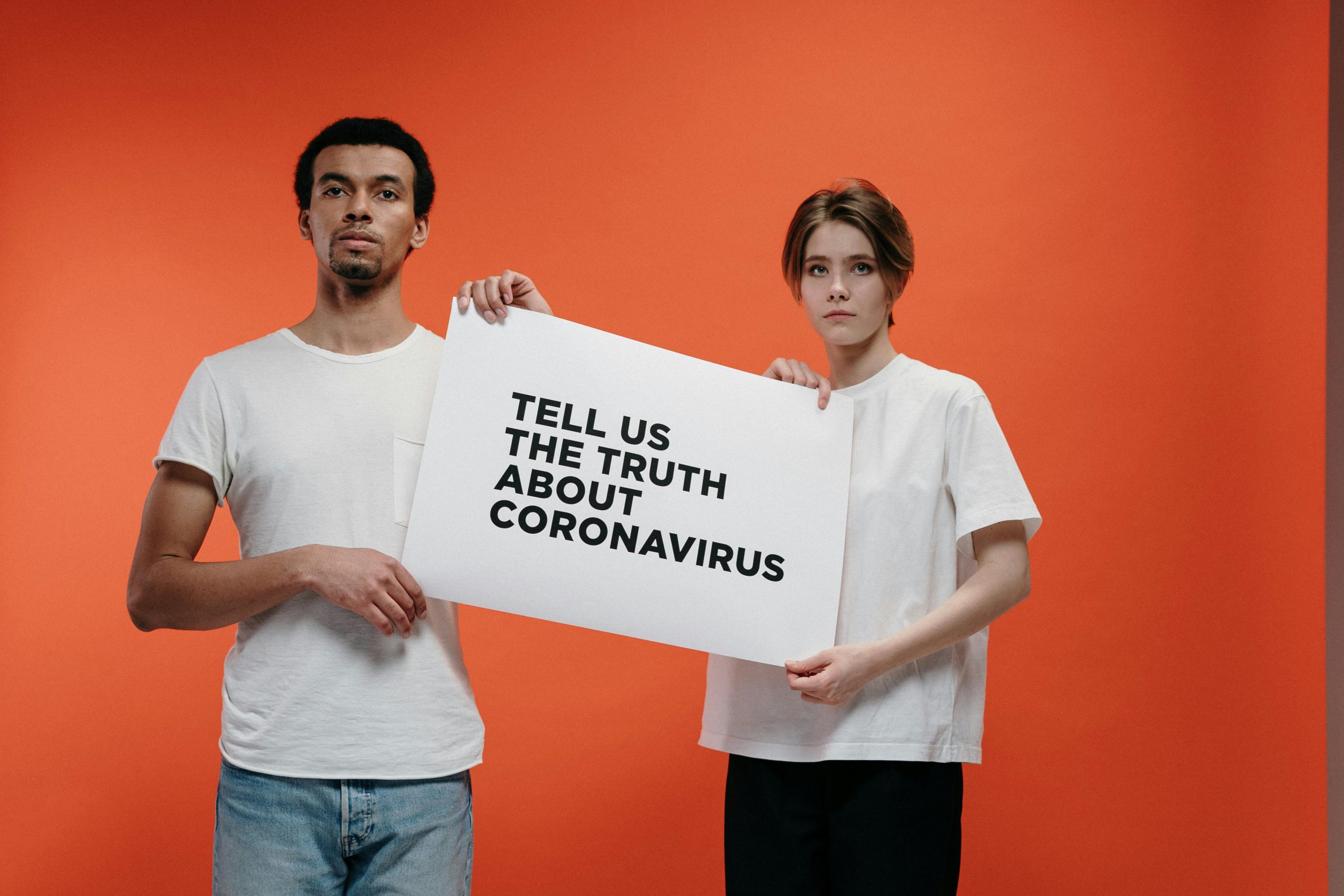Libel laws are intended to protect individuals and entities from false statements that can harm reputations, but to successfully bring a libel suit, plaintiffs often face a significant burden of proof, especially if they are public figures. In the United States, for instance, the First Amendment offers strong protections for free speech, which extends to the press. To prevail in a libel lawsuit, public figures must typically prove “actual malice,” meaning that the publisher knew the information was false or acted with reckless disregard for the truth. This high standard is difficult to meet and acts as a substantial barrier to many potential lawsuits.
Journalistic integrity, while foundational to trusted media, varies widely amongst organizations and is not uniformly mandated by law. Many reputable outlets adhere to codes of ethics and standards that emphasize accuracy and fairness, but there is no single governing body enforcing these across all media. Consequently, some media organizations exploit these variances, opting for sensationalism and partisan reporting, which can compromise perceived integrity.
Regarding why media corporations are not getting sued more frequently, one reason is the legal distinction between factual reporting and opinion/editorial content. Opinion pieces are protected under free speech, and courts often find that reasonable readers recognize opinion articles as such and not as factual reporting. This categorization provides a legal shield to media corporations, allowing them to maintain their credentials by asserting that their opinion sections are separate from their news reporting.
In terms of journalistic credentials, these are often self-regulated by media organizations themselves and supported by industry organizations that provide guidelines rather than enforceable rules. As such, media outlets maintain their credentials through industry recognition rather than a formal accreditation process, which allows for varying standards of “journalistic integrity.” Market competition, audience demand, and professional reputations also influence how strictly outlets adhere to journalistic standards.
In sum, the difficulties in prosecuting libel claims, the protective classification of content as opinion or editorial, and the self-regulatory nature of journalistic credentials contribute to the apparent lack of accountability, allowing media organizations to navigate around legal challenges effectively, even amid clear dissemination of misinformation.



